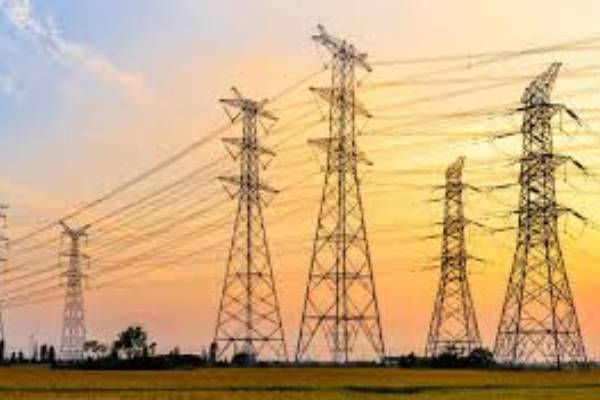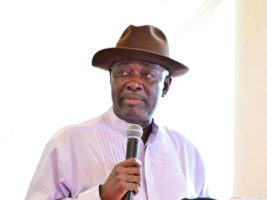A new report by the Africa Finance Corporation (AFC) has revealed that Lagos State now generates more electricity off-grid than Nigeria’s entire national grid, raising fresh concerns about the country’s deepening energy crisis.
The 2025 State of Africa’s Infrastructure Report estimates Lagos’s off-grid and self-generated electricity capacity at over 19 gigawatts — far exceeding the national grid’s average output of 4–5GW.
The report highlighted a growing reliance on embedded, captive and off-grid power systems in Nigeria and South Africa, attributing the shift to the failure of centralised grids to meet rising demand.
“In Nigeria, unreliable public supply has pushed millions of households and firms to rely on petrol and diesel generators,” the AFC stated.
The findings cast doubt on efforts by the World Bank, the African Development Bank and other partners to connect 300 million people in sub-Saharan Africa to electricity by 2030.
The AFC warned that without significant investment in grid infrastructure, the region risks falling into a “low-energy equilibrium” — where access improves on paper but fails to deliver reliable, scalable supply.
Between 2013 and 2023, electricity generation in Africa grew by less than 2 per cent annually, below both population (2.42%) and GDP growth (3%).
In contrast, the Middle East and Asia-Pacific achieved growth rates of 3.8% and 4.5% respectively.
The report also warned that Nigeria’s over-reliance on self-generation, particularly by industrial and commercial sectors, undermines long-term energy development and economic competitiveness.
It called for urgent policy reforms and investment in affordable, large-scale grid infrastructure to reverse declining per capita electricity access and avoid stalling development goals.





